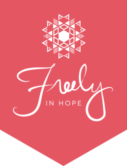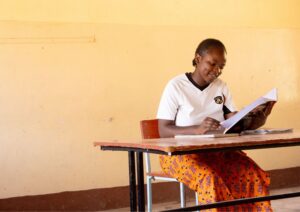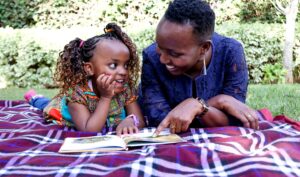More than 370 million girls and women alive today – or 1 in 8 – experienced rape or sexual assault before the age of 18. Sub-Saharan Africa has the highest number of victims, with 79 million girls and women affected (UNICEF). But this can change through knowledge, because education is a very powerful tool in combatting sexual abuse.
Sexual Violence is a pervasive global issue that disproportionately affects women and girls, often leaving survivors with long-term trauma and limited access to justice. While legal frameworks and advocacy efforts are crucial in addressing this crisis, education remains one of the most powerful tools in preventing sexual abuse, supporting survivors, and transforming communities.
At Freely in Hope, we believe that education combats sexual abuse, and knowledge is a catalyst for change—one that equips individuals with the tools to recognize abuse, protect themselves and others, and foster a culture of prevention and healing. Through holistic education, trauma-informed resources, and leadership training, we are working to break the cycle of sexual violence and build safer futures for all.
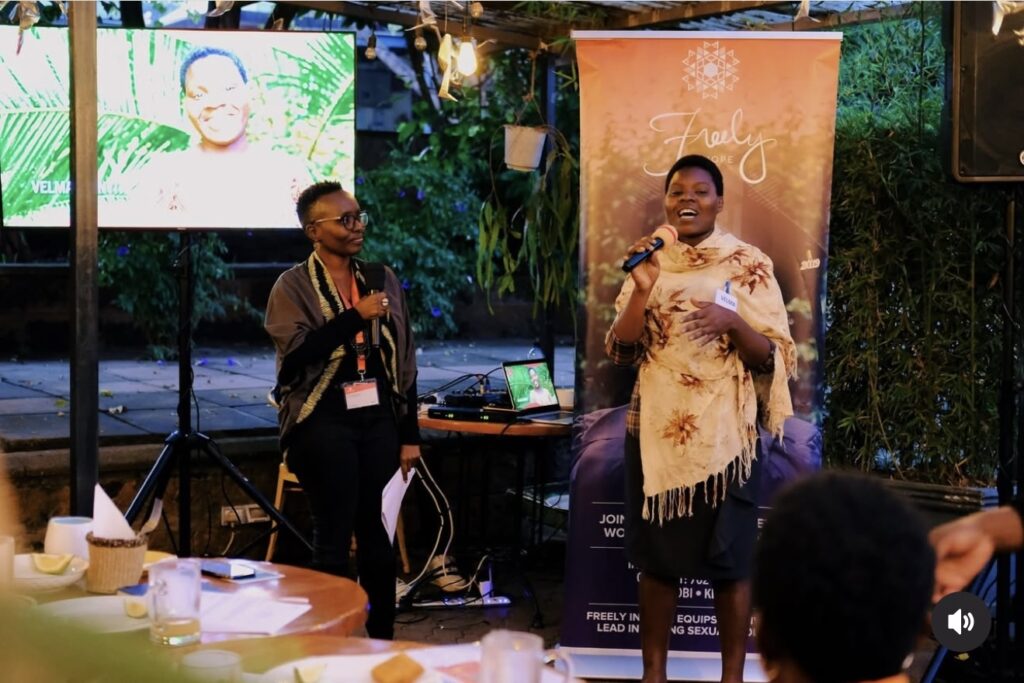
1. survivor-led education: learning from lived experiences
Survivors of sexual violence are often excluded from conversations about policy, prevention, and support, despite their invaluable firsthand insights. At Freely in Hope, because we believe that education combats sexual abuse, we center survivor leadership in all aspects of our work, ensuring that education is not only theoretical but also rooted in real experiences.
Through survivor-led workshops, mentorship programs, and storytelling initiatives, we create spaces where survivors can share their stories on their own terms, reclaim their narratives, and educate others on the realities of sexual violence. We implement and train on survivors-informed solutions that care for survivors and prevent abuse. This approach fosters healing, empowerment and systematic change by amplifying survivor voices in spaces where they have traditionally been silenced.
Why This Matters:
- Survivors become advocates, influencing policies and cultural mindsets.
- Their stories break stigma and silence, encouraging others to seek help.
- It shifts the narrative from victim-blaming, to accountability, focusing on societal change.
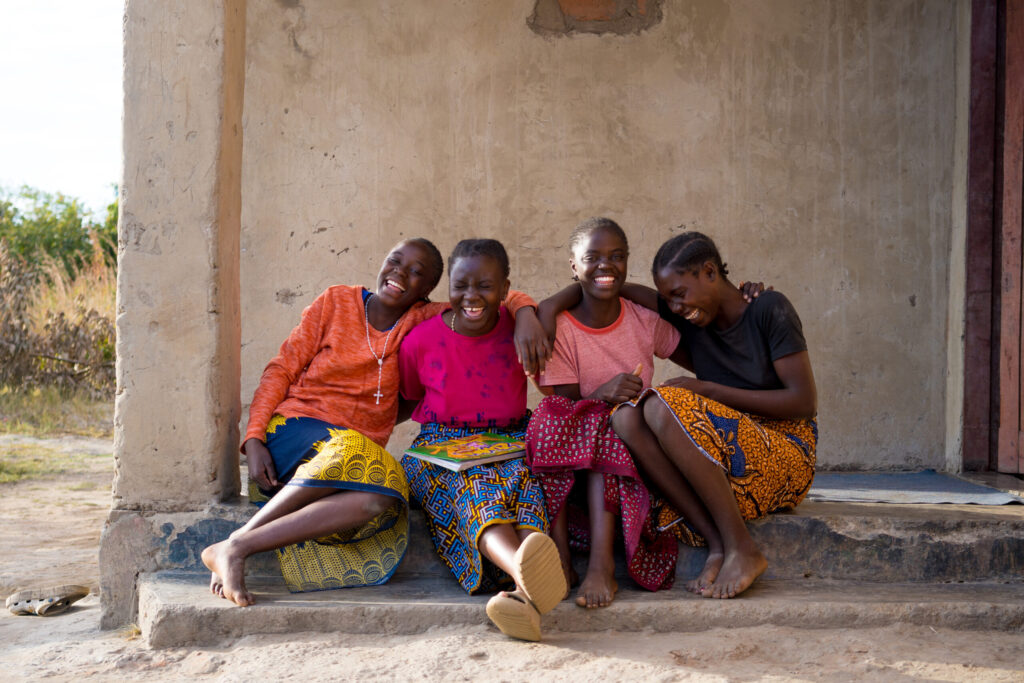
2. Mental health education: healing from trauma through knowledge
For survivors of sexual abuse, understanding trauma and its effects is an essential step toward healing. Education on trauma-informed care, mental health, and self-care strategies can help survivors navigate their healing journey and reclaim their sense of self.
How Trauma Education Is Key:
- Helps survivors recognize that their responses to trauma are valid.
- Provides tools for emotional healing and self-empowerment.
- Encourages community support rather than isolation and stigma.
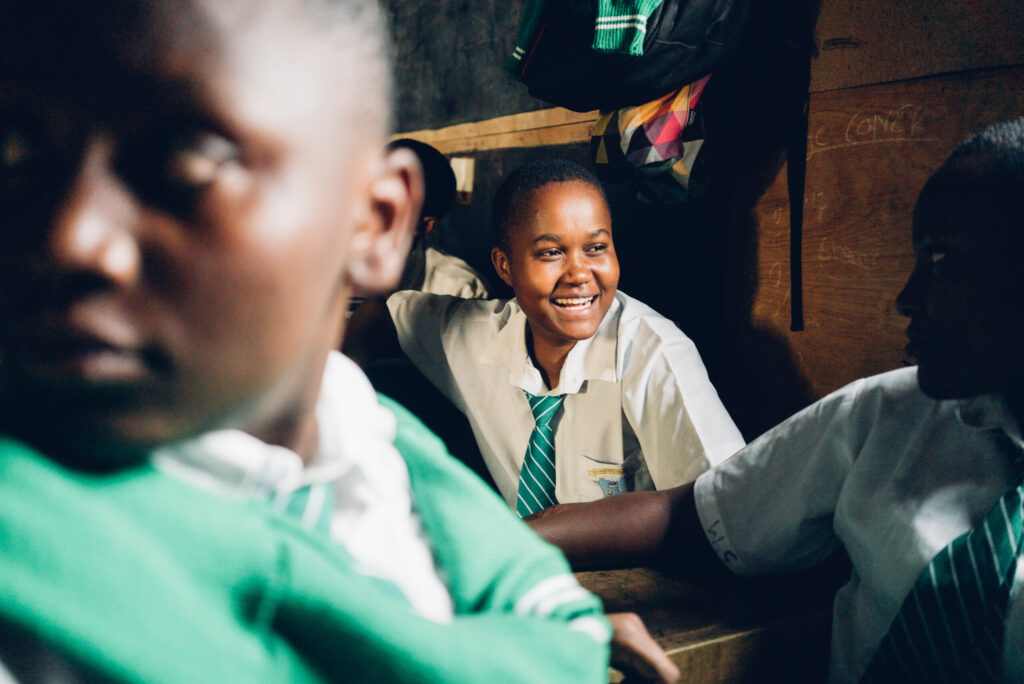
3. empowering survivors through education: From healing to leadership
Learning doesn’t just stop with awareness—it must lead to action. Education is the first step in combating sexual abuse, but real change happens when knowledge is transformed into collective action. Advocacy training equips individuals with the skills and confidence to challenge harmful systems, amplify survivor voices, and push for meaningful policy reforms that protect vulnerable populations.
At Freely in Hope, we believe that education is not only a tool for prevention, but also a pathway to healing and leadership for survivors of sexual violence. Many survivors face barriers to education due to stigma, financial hardship, and trauma, which can limit their opportunities for independence and self-empowerment. By investing in education for survivors, we are not just offering access to learning—we are nurturing future survivor leaders who will advocate for change and create safer communities for others.
Scholarships are a Pathway to Healing
Through our scholarship program, Freely in Hope provides full educational support to survivors of sexual violence, ensuring that they can pursue their academic dreams, receive trauma-informed mentorship, and access holistic healing programs. Our scholarships cover:
- Tuition fees for high school and university education.
- Counseling and psychological support for emotional healing.
- Leadership development and professional skills training.
- Safe housing to protect survivors from re-exploitation.
- Leader survivor-led initiatives, offering peer support and mentorship to others who have experienced trauma.
- Speak out on advocacy platforms, sharing their stories to inspire action and influence policy change.
- Join our team as educators and program leaders, ensuring that future generations benefit from survivor-informed education.
Breaking the Cycle: From Survivor to Advocate
One of the most powerful ways to combat sexual violence is through survivor-led advocacy. Survivors who have walked the journey of healing and empowerment are uniquely positioned to educate others, challenge harmful norms, and advocate for policies that protect future generations.
By providing access to education and leadership training, we are equipping survivors with:
- The confidence to reclaim their voice and share their stories on their own terms
- The skills to lead community-based initiatives on prevention and survivor support
- The ability to mentor other young survivors and break cycles of abuse
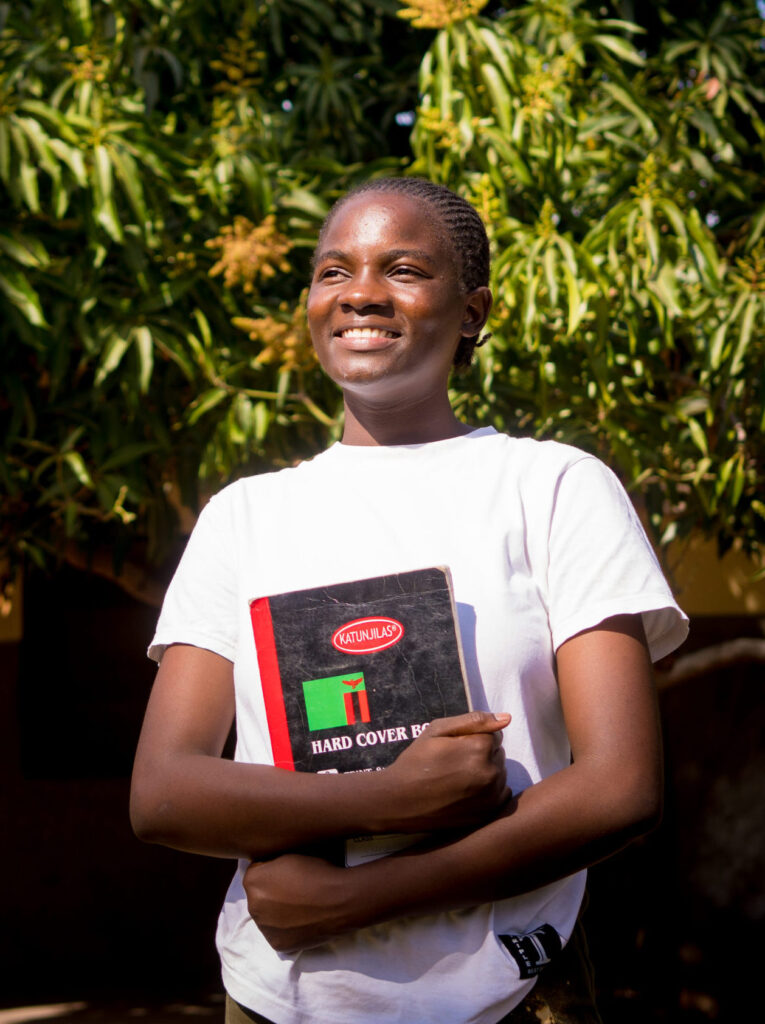
how you Support Education For Survivors
Sponsor a Survivor’s Education – Your support can help fund scholarships for survivors, giving them access to safety, healing, and academic opportunities.
Attend our Evolving Hope Benefit Concert in San Francisco – Proceeds from the event go toward funding scholarships for survivors, helping young women rebuild their lives. Register today!
Education Transforms Lives
At Freely in Hope, we believe that when survivors are given access to education, they don’t just heal—they rise. They become leaders, educators, and advocates who will help create a world where sexual violence is no longer tolerated.
By investing in education as a tool for healing and leadership, we are breaking the cycle of abuse and building a future where survivors thrive—not just survive.
